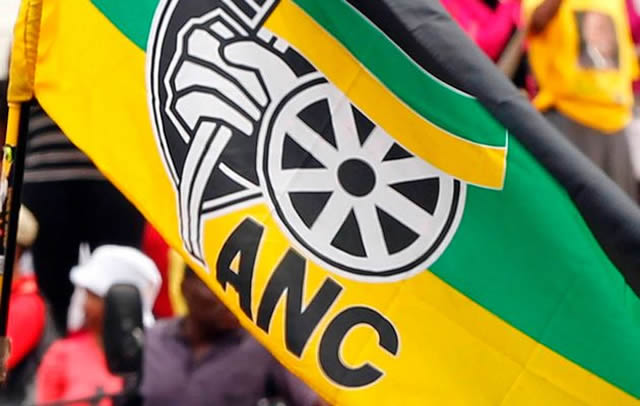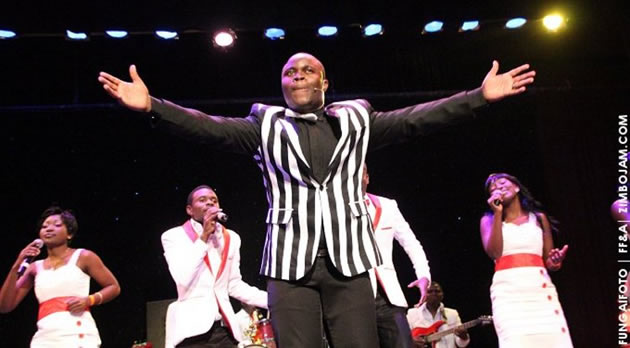Football and the nationalist agenda
Lyton Ncube
Sport in general, and football in particular, has enjoyed an intimate relationship with politics seemingly since time immemorial. Crucially, it has been argued that if ever there was a ‘perfect marriage’, one would be hard pressed to find a more compatible couple than sport and politics. In Africa the story of football shows that it is not just a game but is in fact encoded with complexities of Africa’s colonial experience. Football scholars attribute the origins and development of football in Africa to the imperialist project on the continent.
As argued by Hikabwa Chipande, Europe in the 19th century exported not only its imperial politics, goods, ideas, and social norms but also its sport to the rest of the world.
The first documented game of football on the African continent was played in South Africa in 1862, a year before soccer’s official rules were codified. The British military, traders and the missionaries played in this first recorded football match in Africa.
These emissaries of the empire also popularised the game at their outposts throughout Africa. It has been argued that inasmuch as the colonisers enjoyed football for their own entertainment, they also saw it as pivotal tool in the European “civilising mission” in Africa.
Seen through a Gramscian lens, sport or football was meant to pave the way for political domination. This is so because the Gramscian theory of hegemony proposes that cultural domination paves the way for political domination.
The development of football in Southern Rhodesia, the colonial predecessor to modern Zimbabwe, followed the same trajectory as that of the other colonial hegemony projects in Africa. Giulianotti states that the first players of football in Zimbabwe were the Pioneer Column, the small group of Europeans who entered what is now Zimbabwe in 1890.
The Pioneer Column occupied and set in motion the colonisation of Zimbabwe under the sponsorship and expansionist policy of Cecil John Rhodes’s British South Africa Company (BSAC) in 1890.
By the end of 1900 there were several sports clubs that had been funded in emerging towns as a result of establishing competitions in football and other team sports such as cricket and rugby. It could be argued that this was a manifestation of the brutal nature of the colonial system, erasing African games while imposing imported ones such as football.
Interestingly, football, a discourse deployed by the colonial powers to protect their hegemony and win consensual rule of the majority Zimbabweans, ended up as an alternative public sphere that provided for counter-hegemonic forces against colonial rule.
Due to the political and economic conditions, which remained oppressive in colonial Zimbabwe, the established sports clubs and soccer teams originally envisaged as a mechanism of social control soon became the focus for political confrontation.
As Peter Alegi puts it, “while European colonisers intended for sport to prop up their self-proclaimed ‘civilising mission’ in Africa, they unwittingly created new opportunities for various forms of African resistance, not only against social inequalities within African communities”.
Zimbabweans chanted protest songs and used symbols and gestures to mock colonial authority in football stadiums. As Stuart, says: “From the post war periods onwards, soccer at different times became an embodiment of the political aspirations of the African people.”
For instance, football clubs such as Dynamos and Highlanders were singled out for supporting Zanu-PF and Zapu nationalists. Football therefore became more than just a sport: it became a conduit for African nationalist discourses of resistance.
This supports the argument by Michel Foucault, the French philosopher, that discourse can both be an instrument of and an effect of power, a point of resistance and a starting point for an opposing strategy.
Football provided an entry point for African resistance regardless of the fact that it had been meant to preserve the interests of the colonial power. In other words, while for the colonisers football was part of the controlling mechanisms, for the African it was a platform where discourses of resistance could be articulated.
This explains why football historian Peter Alegi contends that football, or sport in general, played an important role in the liberation of Africa, a view which until recently academic historians have apparently tended to ignore.
This close relationship between football and political power was also reproduced in post-independence Zimbabwe. It has been argued that ZANU-PF and ZAPU, two nationalist parties that challenged colonial authority through the use of football, ironically joined hands and appropriated football to control the masses after independence.
This was done in subtle ways, by using the game as a major feature of commemorating important national days in Zimbabwe’s calendar such as Heroes Day, Independence Day and Unity Day where Zimbabwe’s most popular football clubs, Dynamos and Highlanders, are selected to play matches as part of the celebrations.
Adapted from: The Interface Between Football Discourse and Zimbabwean Politics







Comments